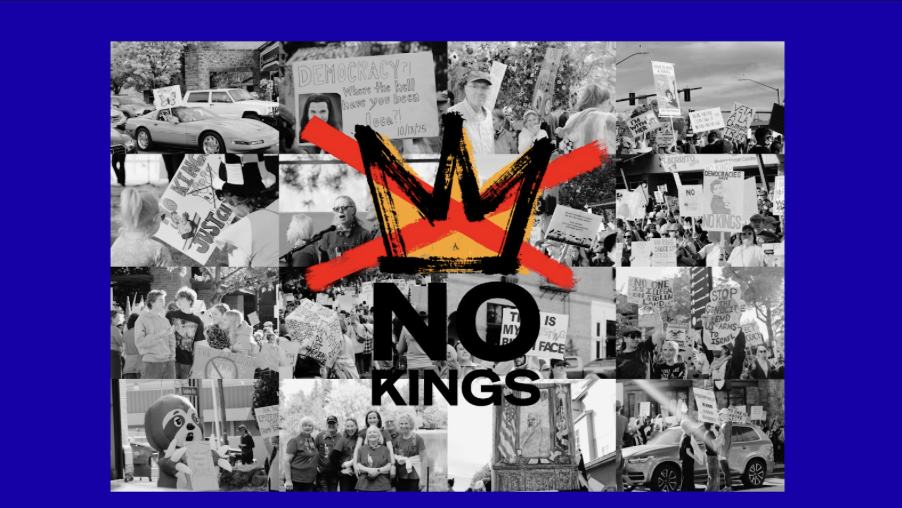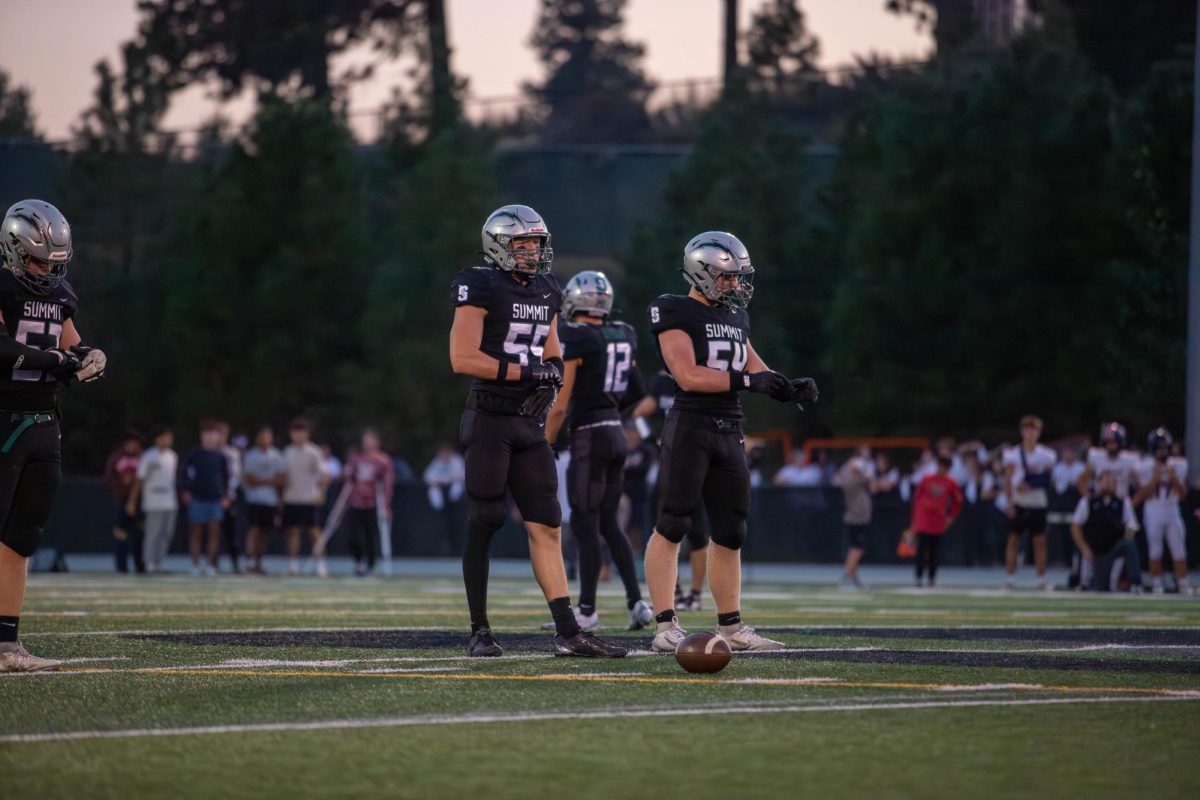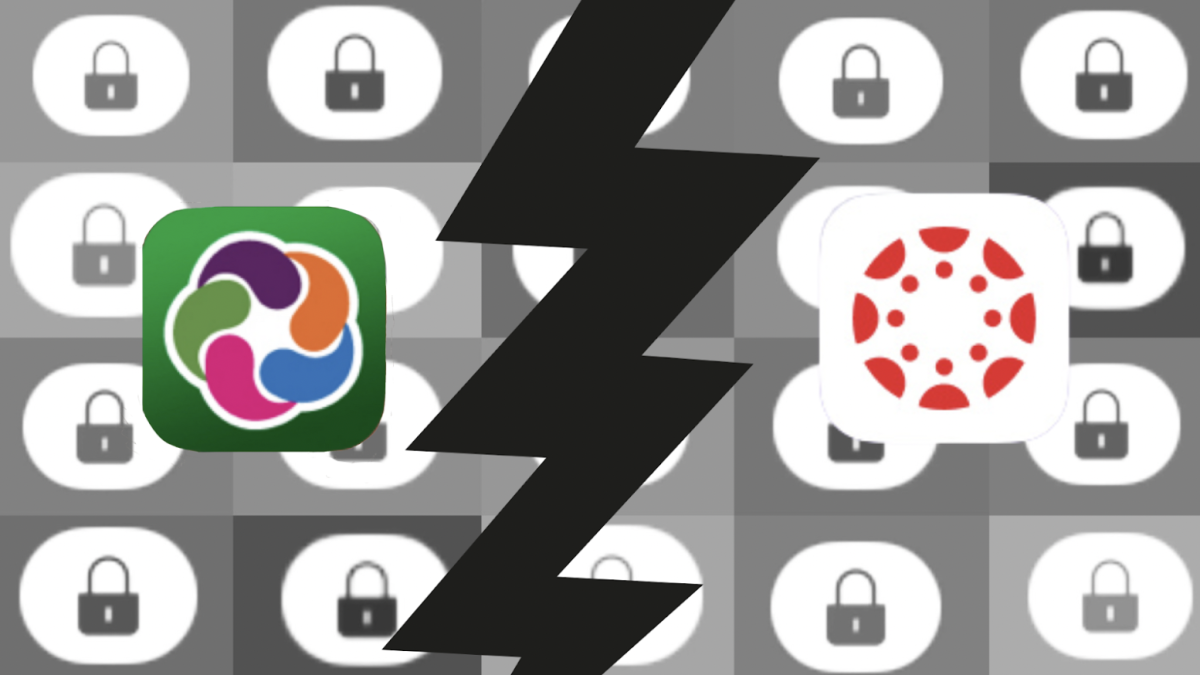The 2024 election is just around the corner, and although primaries haven’t yielded conclusive results yet, it’s looking to be no different from 2020: another showdown between Trump and Biden.
On one hand, you have Donald J. Trump, former president and business tycoon. Sounds fine, right? That is, if you ignore the fact that he was impeached twice during his term—setting a new record—and is currently under investigation for mishandling classified documents. Otherwise, Trump is a fine man to have control over the country until 2028. After all, who hasn’t caused a capital insurrection at least once?
Trump’s likely opponent continues to be Joseph R. Biden, former president. Some of his issues include misappropriating funds away from the American greater good and over to war agendas, upon other things. On top of that, Biden hasn’t worked wonders for the economy like his proponents had hoped, losing the trust of the Democratic community. Only 61 percent of Democrats are satisfied with how he’s handled issues, a Pew Research assessment found. Oh, and the public is genuinely concerned about his mental competence and health. When faced with a choice between the two, many American voters have adopted a “lesser of two evils” mentality.
“When it comes to access to abortions or the Israel-Palestine conflict, even though Biden hasn’t done all that he can, he’s way better than Trump,” said Summit senior Hunter McGrane. A recent Reuters poll found that 59 percent of respondents who were planning on voting for Biden stated their intentions as solely to have their votes oppose Trump. At least Biden has that going for him.
According to the average of the five most recent polls, Trump is leading in votes at the national level by 2.8%. However, 10% of the predicted votes are directed towards an independent party. That’s nearly 1.5 million people choosing to vote outside of the front-runners, according to the numbers from the 2020 election, in which voters cast 148 million ballots.
And that’s simply a projection. Those who support the independent party are only growing in numbers, as revealed in a decades-spanning survey headed by Gallup which stated that in 2023, 43% of Americans identified as independent politically.
It’s reasonable to expect a drastic shift in voting patterns as this election heralds the largest Generation Z voter population to date: 8 million Gen Z will be joining the voting ranks, for a grand total of 41 million eligible Gen Z voters. Beyond this, an estimate by Tufts stated roughly 50% of young citizens cast a vote in the 2020 presidential election, and in contrast, a poll executed by the New York Times/Siena College found that 87% of young Americans expressed they were likely to vote in the 2024 election.
As a whole, Gen Z tend to identify as independents; over half, or 52 percent, of such voters did not have a party affiliation. Considering today’s dynamic and unpredictable political climate, it’s understandable that Gen Z don’t like to align themselves with a majority ideology. Compared to previous generations, this isn’t typical; only one-third of voters born during the Baby Boom (1946-1964) are independently affiliated, for example.
Unfortunately, with the way that the American political system is set up, independent parties aren’t likely to ever hold the presidency. Instead, they siphon votes from the Democratic and Republican candidates, without much chance of those votes ever leading to a win.
Despite the widespread notion that one vote can’t really change much, even a small group of voters that go independent can have a tremendous impact in terms of how an election falls. We’ve seen it in the 2000 Presidential Election, where George W. Bush (Republican) beat out Al Gore (Democrat) by a margin of just 600 votes. In short, even with the United States’ sizable population, just a few hundred votes changed the course of history. If those individuals had just chosen to side with Gore, for example, he may very well have become president. Similarly, in 2016, the Green Party’s Jill Stein likely gained enough mainstream Democratic votes to secure Trump’s incredibly close victory.
Summit Librarian Catherine Blue was one of the passionate young voters in the 2000 election who chose to cast her vote for an independent candidate. Rather than going for one of the big two, Blue opted for someone who most closely resembled her views and ideal path for the country, rather than just choosing a majority candidate.
“When I was in college, I voted for Ralph Nader. I was all about his platform; I strongly aligned with whatever was happening at that time,” Blue said. “But we all know how that turned out. Ralph Nader obviously didn’t win the presidency.” However, Blue stated that, with age and wisdom, she no longer decides to vote independent because of the parties’ lack of political power.
“Over the years, I have decided personally that I will choose one of the major parties because I don’t think that the independent parties have enough momentum to overthrow that system at this point,” commented Blue. “In the future, if one of the independent parties becomes really strong and it aligns with my values, I would definitely [vote that way].”
When discussing the election with the new generation of voters, however, it seems they have more hope for the independent parties’ success in future elections. Whether it be lack of voting experience or a fresh perspective, it’s more than likely political conversation with Gen Z individuals will involve contempt towards present candidates and a rather ‘what’s the point’ attitude. Summit senior Ryann Wilson expressed the desire to vote independent, feeling as if there isn’t any sort or ideal candidate for her.
“I don’t feel great about either front-running candidate right now and I don’t know if I could have either of those decisions weighing on my conscience,” said Wilson. Like her fellow Gen Z classmates who will be voting in 2024 for the first time, she takes the decision seriously. “There’s no way I’m voting for Trump, but I’m not gung-ho about voting for Biden either, mainly because of how he’s handled the Israel-Hamas war and continues to fund the genocide against Palestinians.”
Sure, maybe adding to the tally in favor of a candidate you feel is more acceptable than the other is a logical move, but what if it’s not so ingenious?
“If the candidates are Hitler, or someone who is a little better than Hitler, you do not have an obligation to vote for the ‘better person,’ you have an obligation to overthrow your government,” explained Wilson. “When people argue that you should just ‘settle’ for someone, I think they’re insanely uneducated.”
At what point did the presidential election shift from allowing citizens to exercise democracy to drawing sticks to determine who to vote for? There is a moral imperative for American citizens to vote for a candidate they believe has their best interest at heart, yet there’s also an expectation that if you’re going to vote, it should be in an impactful way.
“I think the reason people would vote independent is because they don’t really see their experience changing based on a lot of the decisions that are presented by the candidate,” explained McGrane. He felt strongly that voting for one of the main candidates was necessary, because whichever of the pair won would have a significant impact on policy and culture for the coming four years, and it’s important to have a choice about what change is to come.
“Ideally in a democracy, you’re gonna vote for the best possible candidate,” McGrane said. “But realistically, I think even if the candidate you’re voting for doesn’t represent you, if they’re still better than the other one then it’s the smarter decision because ultimately they’re gonna be more positive for you as a person, and for your community.”
As the election creeps closer, be cognisant of the role you play. Vote like your future depends on it, because the results of this next election will speak volumes about the direction we are headed as a country.


































Concerned Parent • Mar 3, 2024 at 10:47 pm
Young people please examine your belief systems and study history before you weigh in on American politics. Administrators, it is shocking to see emails going our recommending students read this newspaper knowing critical thinking skills are still in development. Heavy, naive political leanings are woven into some of these articles.
Anonymous • Feb 26, 2024 at 2:32 pm
The social contract must be fulfilled, the only solution to 2 party dominance is to tear down the system.